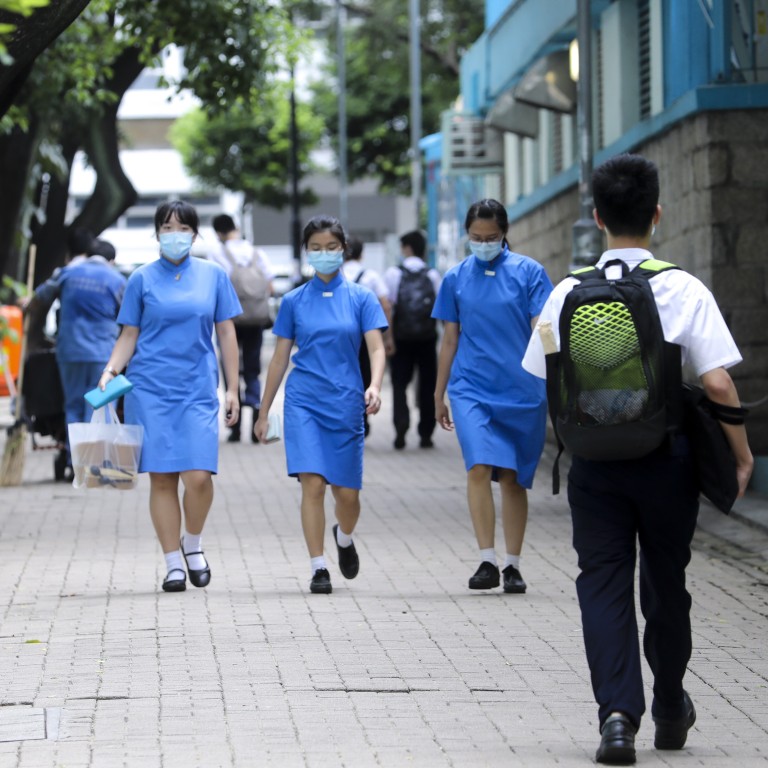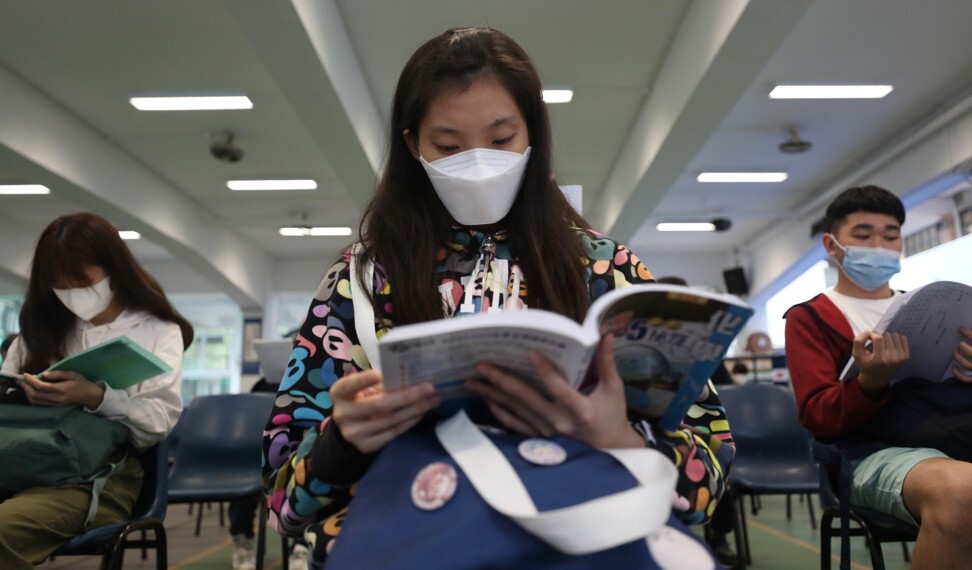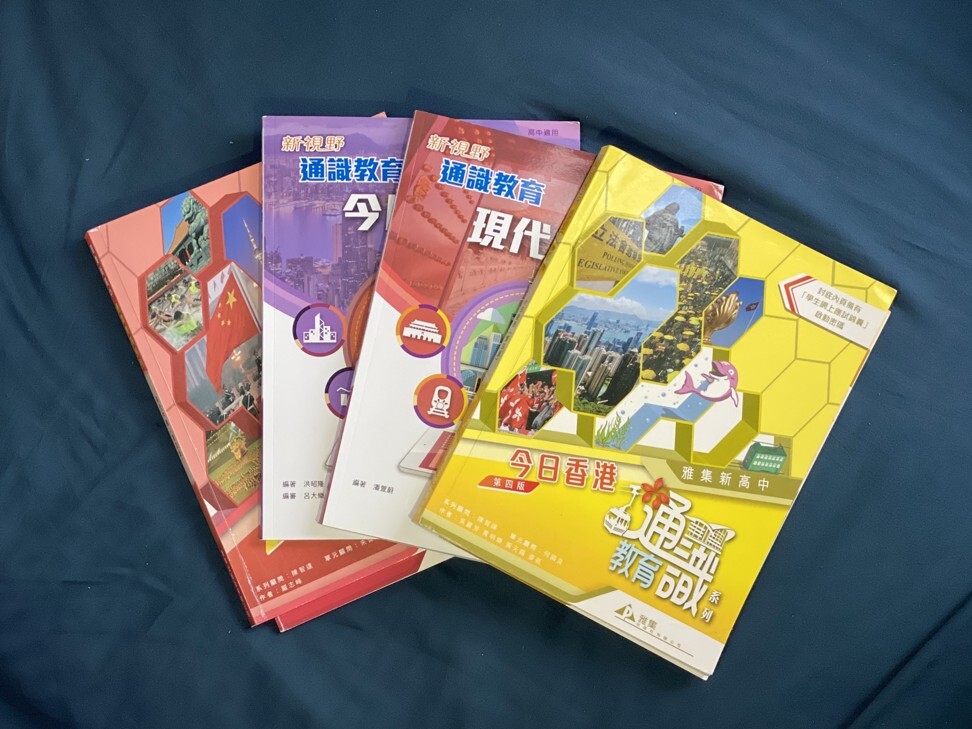
A comprehensive revamp of Hong Kong’s liberal studies curriculum is long overdue
- A survey of teachers suggests that the curriculum is too broad, lacks clarity over key learning concepts and is skewed towards the humanities. After more than 10 years, liberal studies is due for a proper review
The subject promotes learning through inquiry, with the hope that students acquire critical thinking skills as they research and discuss real-life issues.
However, despite the well-intended goals, education experts have consistently observed that the liberal studies curriculum is too broad and poses a difficulty for teachers.
Given that teachers have only 168 hours to teach the 12 themes of the curriculum, or 14 hours per theme, is it realistic to expect students to master broad topics such as “Chinese culture and modern life” or “science, technology and public health”?

With the broad curriculum and strict time constraints of the subject, it is too demanding for students – and many teachers – to grasp the many concepts across different academic disciplines.
A recent survey of teachers by Our Hong Kong Foundation and Lingnan University’s public governance programme found that 65 per cent reported difficulties with properly exploring the key concepts in the curriculum within the tight time frame.
Also, 76 per cent believe liberal studies is too demanding for them. The survey results suggest that liberal studies can be challenging even for well-trained, experienced teachers.
The curriculum is sacrificing depth over breadth of learning and lacks clarity on key learning concepts – crucial for knowledge building and deepening understanding and application, but not listed in the Liberal Studies Curriculum and Assessment Guide.

This defeats the purpose of liberal studies – to deepen students’ knowledge about real-world issues and develop critical-thinking skills through informed discussions.
Take, for example, the coronavirus pandemic. Liberal studies teachers would probably cover the socio-economic impact of social distancing, and the conflict between public health, economic and social priorities.
But to what extent should students understand the biochemical properties of infectious diseases, the diagnosis processes and vaccine development? Students cannot be expected to engage in informed, thoughtful discussions without a solid foundation of knowledge, underpinned by key concepts.
There is still a place for liberal learning
To resolve these issues, the Education Bureau should reorganise the curriculum by cutting the breadth of topics. According to Our Hong Kong Foundation’s survey, themes that teachers want trimmed include: understanding oneself, rule of law and sociopolitical participation, interpersonal relationships, and China’s reform and opening up.
A slimmer curriculum would allow students to spend more time on each subject area and let teachers develop more engaging teaching methods aside from lectures, such as experiential learning.

The government should also outline key learning concepts in the curriculum and assessment guide, a move favoured by teachers and school principals, according to the survey. Greater clarity on the required concepts and competencies will fortify analyses, evaluations and discussions, and create a better learning experience.
To make the learning experience more comprehensive, content should not be skewed towards the humanities. The Education Bureau could consider providing two study options in liberal studies, so that students taking humanities subjects can learn more about science, and vice versa.
Victor Kwok is head of education and youth research at Our Hong Kong Foundation, where Richard Lau is an assistant researcher


